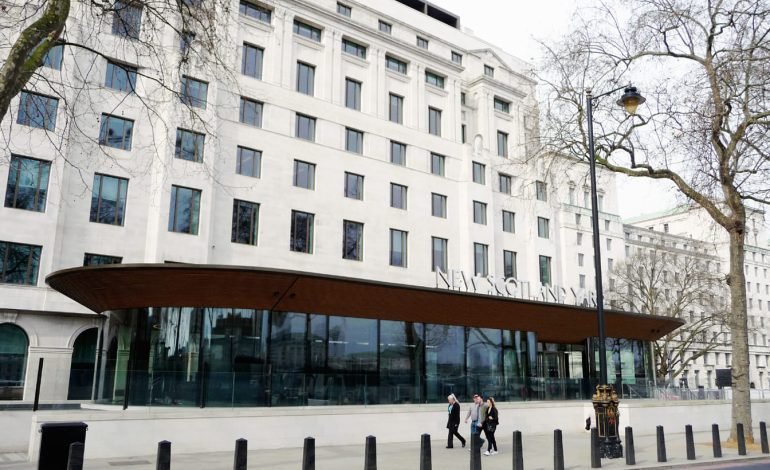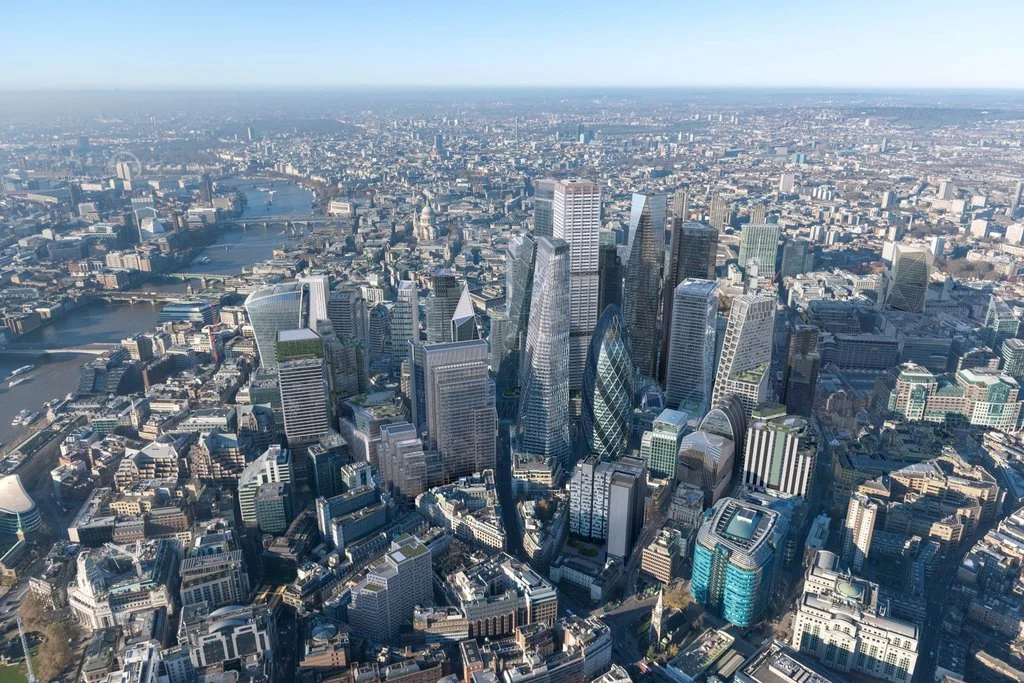Metropolitan Police Criticised for Failures Across Key Areas in Recent Inspection

The Metropolitan Police is facing significant criticism following a recent inspection by His Majesty’s Inspectorate of Constabulary and Fire & Rescue Services (HMICFRS), which found that the force is failing in nearly all areas of its operations. This inspection, which covers the period of 2023-25, revealed that the Met was rated as “requires improvement” or “inadequate” in seven out of nine key areas, including crucial functions such as investigating and preventing crime.
The report highlighted several alarming issues within the Met, such as inconsistencies in managing sex offenders, significant backlogs in risk assessments, and a failure to consistently assess the level of risk in emergency calls. Additionally, the inspection pointed out that the Met had not achieved its goal of reducing the number of outstanding suspects and raised serious concerns about the quality of victim care and the management of investigations, particularly those involving vulnerable individuals.
This damning report comes in the wake of a series of high-profile scandals that have plagued Scotland Yard, including the murder of Sarah Everard by a serving officer and failures in investigating the deaths caused by serial killer Stephen Port. The Met has been under an enhanced monitoring process known as Engage since a previous inspection in 2022, a process typically reserved for forces struggling to manage or mitigate serious issues.
Lee Freeman, HM Inspector of Constabulary, acknowledged that the Met is undergoing a “significant transformation” and that many changes have already been made. However, he expressed deep concerns that these changes have not yet led to consistent improvements, particularly in how the force investigates crime and manages offenders. Freeman also highlighted the challenges the Met faces in preventing and reducing crime and providing effective services to victims.
One of the more concerning findings was the lack of training for officers tasked with managing sex offence suspects and offenders. The report noted that some officers were handling workloads beyond their training and experience, which could have serious implications for public safety. Additionally, the report criticised the Met’s internal culture, noting that some officers and staff are reluctant to report poor behaviour, which further hinders efforts to reform the force.
The financial aspect of the Met’s challenges was also addressed in the report. The force is facing a funding gap of £92 million for the 2024-25 year, which has led to proposals to scale back its reform plans. The inspectorate warned that this funding shortfall presents a significant risk to the force’s ability to implement the necessary improvements.
Despite the overwhelming criticism, the report did acknowledge some positive aspects of the Met’s operations. The force’s use of stop and search was praised as being “both fair and effective,” with the majority of recorded grounds for these stops being deemed reasonable.
In response to the report, a spokesperson for the Metropolitan Police emphasised that the force is utilising “every available resource to deliver more trust, less crime, and high standards for London.” The spokesperson acknowledged the report’s findings and stated that they align with the Met’s ongoing reform plans under the “A New Met for London” initiative. London Mayor Sadiq Khan also welcomed the report, expressing confidence in Commissioner Sir Mark Rowley’s ability to turn the situation around, despite acknowledging the significant challenges ahead.
The findings of this report highlight the urgent need for continued and effective reforms within the Metropolitan Police. As London’s primary law enforcement agency, the Met’s ability to address these shortcomings is crucial not only for restoring public trust but also for ensuring the safety and security of the city’s residents. For those interested in exploring the broader implications of these findings, visit the Home Office website for further insights into the challenges and potential solutions facing the Met.









